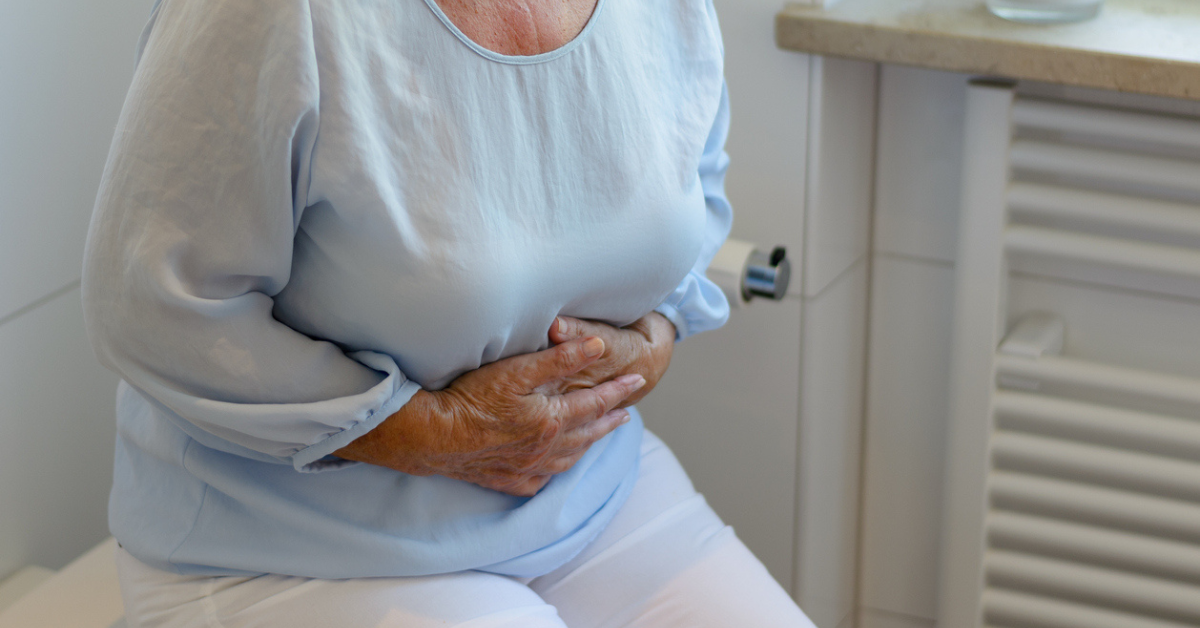Norovirus, also known as the stomach bug, is surging across the United States. The virus is highly contagious and can cause intense symptoms of vomiting and diarrhea.
People with norovirus may also experience low-grade fever, nausea and headaches. The virus can cause these symptoms to occur multiple times a day, often simultaneously, for several days.
One of the biggest risks associated with norovirus is dehydration, particularly for young children, older adults and people with other illnesses.
Symptoms of severe dehydration include fatigue, decreased urination, excessive thirst, dizziness and confusion or disorientation.
“If you get sick with norovirus, staying on top of your hydration is key,” says Dr. Matthew McCoskey, a physician at Tidelands Health Family Medicine at Holmestown Road.
Seek medical attention if these symptoms appear, particularly in young children and elderly individuals, Dr. McCoskey says.
If you have any concerns about your condition, speak to a qualified medical care provider.
How does it spread?
Norovirus spreads quickly and easily. It is often transmitted when someone touches contaminated surfaces, such as door handles, countertops and bathroom fixtures, and then touches his or her mouth.
“That’s why we often see it spread in close contact on cruise ships, nursing homes, schools and day cares,” Dr. McCoskey says.
One of the best ways to reduce your risk of getting sick or spreading the virus is to wash your hands frequently.
But don’t reach for that hand sanitizer or sanitizing wipes; Dr. McCoskey warns those do not kill the virus.
“Instead, disinfect surfaces with bleach or heat, where possible,” he says. “But most importantly, wash your hands often.”
Other steps to prevent the spread of norovirus include washing soiled bedding and clothes with detergent in hot water at least 170 degrees or higher, washing fruits and vegetables before preparing and cooking oysters and shellfish, which can be common causes of norovirus outbreaks, to an internal temperature of at least 145 degrees.
If you do get sick, stay home, rest and hydrate until symptoms subside, Dr. McCoskey says.

Dr. Matthew McCoskey
Family Medicine Physician, Tidelands Health Family Medicine at Holmestown Road
Bio
Dr. Matthew McCoskey, who practices at Tidelands Health Family Medicine at Holmestown Road, treats adult, pediatric and geriatric patients. He provides comprehensive health services including weight and lifestyle management, wellness checkups and dermatology and offers in-office procedures including biopsies, excisions and joint injections for knees and shoulders. Dr. McCoskey is accepting new patients.
Learn MoreMedical Education
Education
- Ross University, School of Medicine
Residency
- Kaiser Permanente Fontana Medical Center
Meet the Expert
Dr. Matthew McCoskey
Dr. Matthew McCoskey, who practices at Tidelands Health Family Medicine at Holmestown Road, treats adult, pediatric and geriatric patients. He provides comprehensive health services including weight and lifestyle management, wellness checkups and dermatology and offers in-office procedures including biopsies, excisions and joint injections for knees and shoulders. Dr. McCoskey is accepting new patients.




